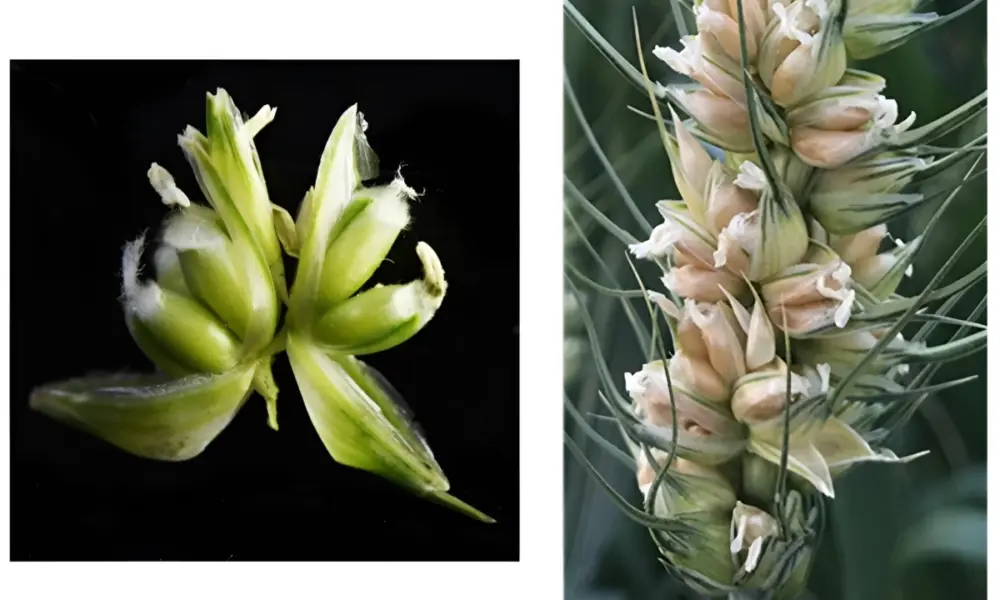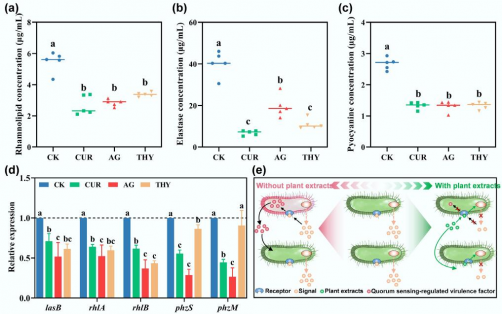Researchers at the University of Maryland have made a significant breakthrough that could potentially triple wheat grain yields using the same amount of land, water, and fertilizer. This advancement stems from a genetic discovery involving a rare mutant wheat known as MOV (multi-ovary) that can produce multiple grains from a single floret, rather than the usual one.
In typical wheat plants, each floret in the seed head generates a single ovary, which develops into one grain. However, the MOV variant can have as many as three ovaries per floret, leading to the possibility of producing three grains. Until now, the genetic mechanisms behind this phenomenon remained unclear.
Unraveling the Genetic Mechanism
The research team conducted a comprehensive analysis of the DNA from MOV wheat, comparing it with that of standard bread wheat. They identified that a previously dormant gene, known as WUSCHEL-D1 (WUS-D1), is activated in the MOV wheat. This gene plays a crucial role in enhancing the development of female flower structures, including pistils and ovaries.
Assoc. Prof. Vijay Tiwari, co-author of the study, emphasized the importance of this finding, stating, “Pinpointing the genetic basis of this trait offers a path for breeders to incorporate it into new wheat varieties, potentially increasing the number of grains per spike and overall yield.” The research highlights a promising avenue for improving crop yields through genetic advancements.
Implications for Agriculture
The implications of this discovery are significant for global food security. With rising populations and increasing demand for food, enhancing wheat yields could play a vital role in meeting future needs. By activating the WUS-D1 gene in cultivated wheat plants, scientists believe it is possible to substantially increase grain production.
The findings were published in the journal Proceedings of the National Academy of Sciences, underscoring the research’s credibility and potential impact. With the aid of gene editing tools, researchers are optimistic about further refining this trait to improve wheat yields.
As agricultural demands continue to grow, innovations like these could offer essential solutions, contributing to more sustainable farming practices and enhanced food supply worldwide.







